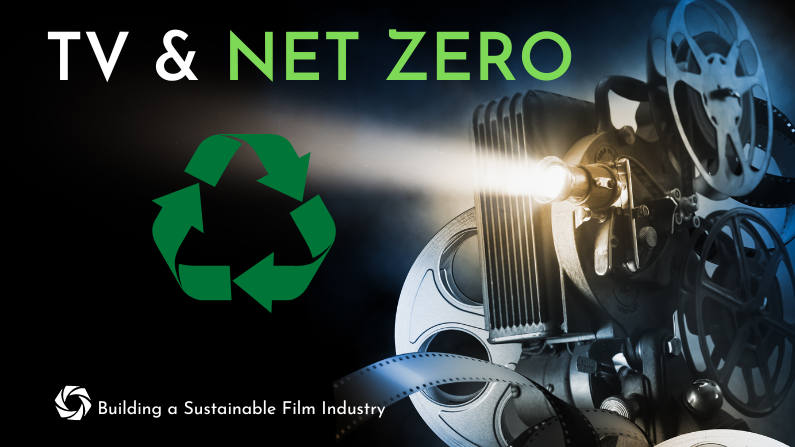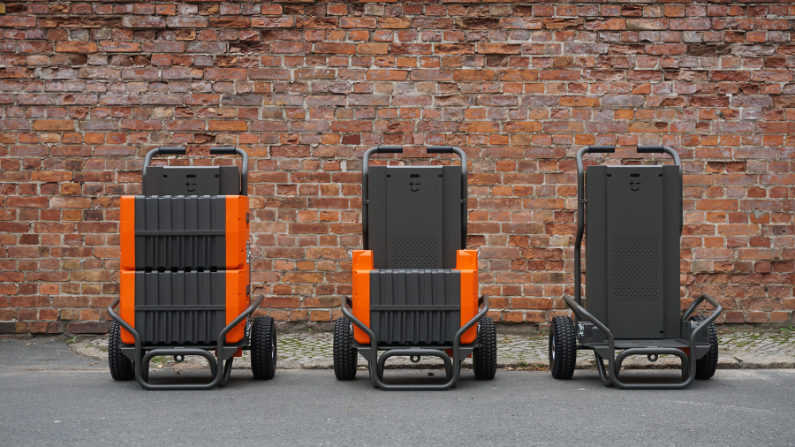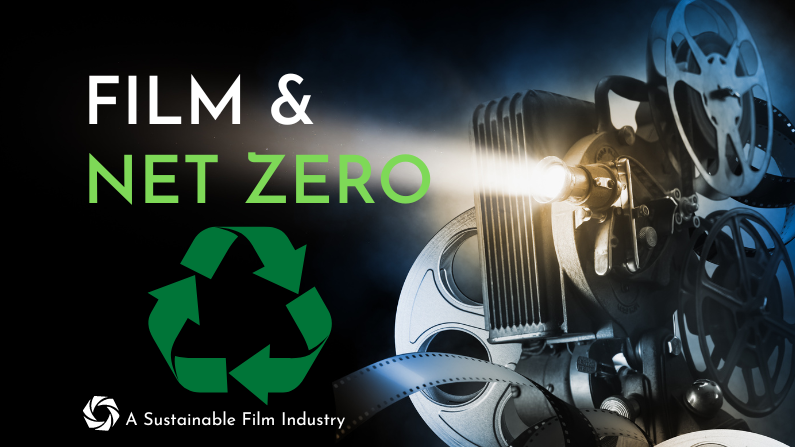
Broadcast Industry Sustainability
Sustainability in the Broadcast Industry
Intro Sustainability in Broadcast: As a publication with a strong interest in sustainability, we are eager to delve into the growing significance of eco-friendly methods in the Broadcast Industry, focusing on notable players like Netflix and the BBC. In an era where climate change and environmental issues dominate global conversations, it is crucial for every industry to scrutinize its environmental impact and take steps to minimize any harm. The broadcast business, with its vast infrastructure and reliance on energy-intensive equipment, is no exception.
From broadcast studios to on-location shoots, the Broadcast Industry, including giants like Netflix and the BBC, is a substantial consumer of energy and emitter of carbon dioxide. As the demand for high-quality content and round-the-clock transmission grows, so does the sector’s environmental impact. Fortunately, these industry leaders are increasingly acknowledging the need to adopt sustainable practices and solutions to mitigate their environmental effects.
In this feature, we will explore various aspects of sustainability in the broadcast sector, such as energy-efficient technologies like battery-operated generators, virtual production, and location work, as well as the use of LED lighting. We will also highlight inspiring examples of how Netflix, the BBC, and other broadcasters and production companies have successfully incorporated eco-friendly practices into their operations.
Netflix has shown commitment to reducing its carbon footprint by investing in renewable energy sources and promoting environmentally conscious productions. Similarly, the BBC has undertaken numerous initiatives to minimize waste and energy consumption, embracing greener production methods.
Advancements like battery-operated generators offer a more sustainable alternative to traditional diesel generators, reducing emissions and noise pollution on set. Virtual production techniques are also gaining traction, as they enable creators to build immersive environments without the need for extensive location work, further reducing the environmental impact. The adoption of LED lighting in studios and on-location shoots contributes to energy conservation and waste reduction, as LED lights consume less energy and have a longer lifespan than traditional lighting options.
As we navigate this vital topic, we aim to equip readers with a comprehensive understanding of the challenges and opportunities that lie ahead in the quest for a more sustainable Broadcast Industry, with a focus on the efforts of Netflix and the BBC. The journey towards a greener future is both a collective responsibility and an opportunity for all, and it is our hope that this article will inspire continued action and innovation in the coming years.

Virtual Production and the environmental impact of Filmmaking
Virtual Production and the environmental impact of Filmmaking
Virtual production is a method of filmmaking that uses computer-generated imagery (CGI), augmented reality, motion capture, and other technologies to create realistic environments and effects on a virtual set². It has improved the filmmaking process tremendously and allowed actors to give more natural performances that feel closer to reality². The innovation of using virtual production techniques could make a significant impact in the race to net zero across broadcasters and production companies, with recent studies suggesting over a 90 percent reduction in CO2 emissions⁵.
A landmark BFI study has called for the film industry to step up attempts to address its environmental impact – including the possible mandatory reporting of carbon emissions³. Accelerated by the pandemic, virtual production technologies are reducing and sometimes eliminating travel associated with film production⁴.

SHURE ACHIEVES SUSTAINABLE PACKAGING GOALS IN 2023, ON TRACK FOR 90% RECYCLABLE AND/OR RENEWABLE PACKAGING FOR NEW PRODUCTS BY 2025
London, United Kingdom – 15th April 2024 — Two years ago, Shure announced aggressive goals to increase recyclable and/or renewable packaging for new products. Shure has achieved its goal to convert to 75 percent by 2023 and is on track to grow to 90 percent by 2025 and 100 percent by 2030 for new...
The film industry is no stranger to criticism when it comes to its impact on the environment. From the carbon emissions of production vehicles to the waste generated on set, the film industry has traditionally been a major contributor to environmental degradation. However, in recent years, the industry has taken significant steps towards sustainability, making it a leader in sustainable business practices.
SHURE ACHIEVES SUSTAINABLE PACKAGING GOALS IN 2023, ON TRACK FOR 90% RECYCLABLE AND/OR RENEWABLE PACKAGING FOR NEW PRODUCTS BY 2025
London, United Kingdom – 15th April 2024 — Two years ago, Shure announced aggressive goals to increase recyclable and/or renewable packaging for new products. Shure has achieved its goal to convert to 75 percent by 2023 and is on track to grow to 90 percent by 2025...
Advanced HDR by Technicolor® Contributes to Sustainable Video Value-Chains
LAS VEGAS -- Apr. 15, 2024 -- NAB 2024 -- Advanced HDR by Technicolor -- a suite of high dynamic range (HDR) production, distribution and display solutions that leverage machine learning to maximize the image quality of any HDR format -- offers sustainability features...
Sony partners with Stella McCartney for its runway show at Paris Fashion Week® 2024
BRAVIA Professional BZ40L and BZ30J screens, innovative for their environmental performance while retaining the best of Sony technologies, accompany Stella McCartney's show Paris, March 6, 2024: As part of their joint commitment to sustainability, Sony Professional is...
Overall, Netflix’s efforts to reach sustainability targets and implement ESG initiatives show the company’s dedication to creating a beneficial influence on the environment and society. Netflix’s example as a significant player in the entertainment industry sets a benchmark for others to follow, demonstrating that sustainable business practices are not only vital for the environment but also excellent for business.
“VMI becomes an Albert-approved carbon-neutral rental company”
“betteries power Film AV and TV sectors”
VMI becomes an Albert-approved carbon-neutral rental company
VMI has completed its third Carbon audit, which confirms that CO2 emissions have reduced for a 3rd year and are now at half of 2019 levels, two full years ahead of schedule from 213T CO2e to 121.4T CO2e, a reduction of 48.12% compared to the 2019 baseline and a 43% saving from 2021.
Upon completion, VMI surveyed its staff and clients to decide on a carbon offset scheme which all supported and which were approved and recognised by Albert, the UK’s premier sustainability hub for film & TV.

Sustainable mobile and modular power systems for the Film, Broadcast and AV sectors launched by betteries.
Sustainable mobile and modular power systems for the Film, Broadcast and AV sectors launched by betteries.
Berlin-based startup betteries is excited to launch its sustainable mobile and modular power systems to green the picture and broadcasting industry. After an 18-month of development and certification program, betteries is now able to offer customers the betterPack, the most sustainable lithium-ion battery on the market made of upcycled modules from electric vehicle (EV) batteries.









